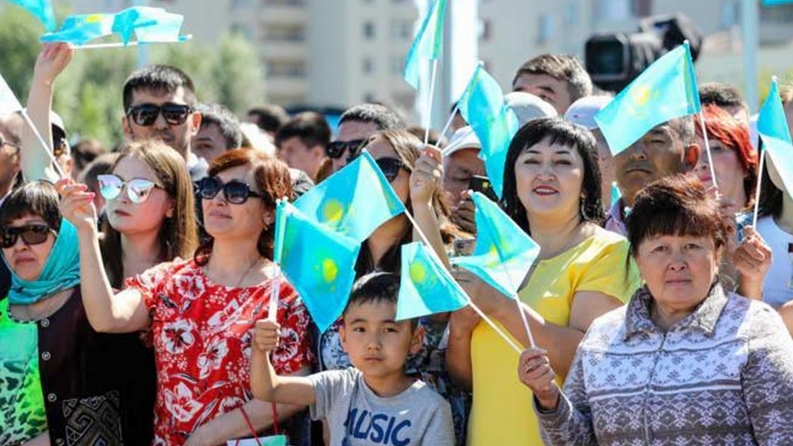NUR-SULTAN – Kazakhstan’s list of social changes for 2020 include implementing a mandatory health insurance system, new social payments, salary increases, restrictions on loans for low income citizens and decreased foreign worker quota.
The compulsory social health insurance system took effect Jan. 1. Employers will now deduct 1 percent of accrued income from each employee’s salary and transfer it to the Health Insurance Fund. At the same time, employers will continue to make 2-percent deductions for hired personnel in 2020-2021. The payments will entitle Kazakhs to a medical services insurance package that is more comprehensive than the former complimentary one. Those not covered by insurance will be able to visit a local therapist, take a minimum of tests, be examined and treat a number of diseases deemed life-threatening. All emergency medical care will remain free.
Families with four or more minor children or full-time students under the age of 23 started receiving social payments starting Jan. 1. The allowance will be assigned in differentiated amounts regardless of family income: four children – 42,496 tenge (US$111); five children – 53,127 tenge (US$139); six children – 63,757 tenge (US$167) and seven or more children – 74,388 tenge (US$194).
Salary increases cover teachers (25 percent), culture industry workers (35-50 percent) and social services employees (30-60 percent). Beginning Jan. 1, an additional payment has been introduced for psycho-emotional and physical stress on employees of organisations providing special social services in hospitals, semi-hospitals, home care and temporary stay facilities.
A ban was established on issuing loans to citizens with incomes below the subsistence level. Banks will be prohibited from charging commissions for late payments on loans for more than three months, or 90 days.
Starting Jan. 1, the quota for attracting foreign labour has been reduced from approximately 49,000 in 2019 to 29,000 in 2020. All enterprises with more than 250 on staff and which hire in excess of 30 foreign workers will receive regular inspections, with the Ministry of Labour and Social Protection monitoring possible violations.

